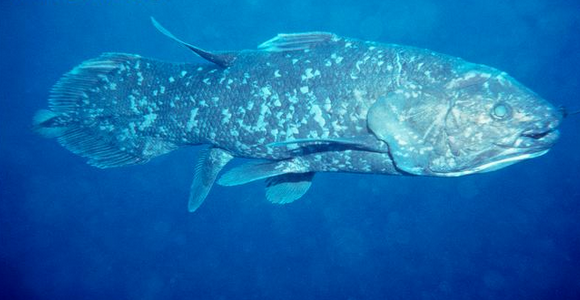@El Regarding WLC, his arguments do include the Kalam argument. His general arguments are that God makes since of... the origins of the universe, the fine-tuning of the universe, objective morals and moral duties, the historical facts of Jesus, and God can be immediately known and experienced.
@sanabas - The lies he shows in textbooks that are used to support evolution for one. Vestigal structures have indeed shown to be not-vestigial after all, much like how so-called 'junk DNA' is now showing that some of it may have function after all. Hovind mentions dating methods. This got me interested in the subject, and I learned there are many controversies about the dating methods and their reliability. I saw someone mentioned C14 is used to date fossils, but c14 has a halflife of less than 6000 years so it isn't used to date millions of years (or can't reliably be).
He mentions fruit fly experiments, and I looked into those and sure enough the scientists who did the studies trying to observe evolution found that the only observed mutations were detrimental, and were corrected in a few generations if allowed to reproduce with the general population (points to a design in the organisms that keep them strong in my worldview).
I can list other points that I find convincing of 'young earth' and non-evolutionary origins. Bacteria studies are one. One such study was done over 20 years where they zapped the bacteria with all kinds of rays and poisons and such, trying to cause mutations, and what they found was that no matter what they tried to do the bacteria wouldn't evolve and the mutations that did occur were detrimental.
Another evidence is C14. Most folks think C14 is used to prove the old earth, but on the conrare, c14 has a halflife of less that 6000 years. So why is it found in almost every thing? It's found in diamonds (which some are claimed to be over a billion years old). Now that is very contradictory! All C14 should be well and long gone after a million years!
There have been studies with helium diffusion. And the rates at which helium diffuse from fossils, rocks, etc fit the young earth model!
Another thing I consider is that all of recorded human observation is well less than 10,000 years. This fits comfortably with the Biblical worldview, but needs some explanatory rescue devices in the evolutionary worldview if man has been in there current form for 3 or so million years as is claimed. Now science is supposed to be a conservative endeavor, yet most people currently accept the 13 or so billion year old universe claim and the 5 or so billion year old earth claim, on speculative science! :eyeroll
Another is the magnetic field decay of earth. It has measurably decayed and if we extrapolate back (historical science method... I recognize this) then the field would be so strong just 20,000 years ago as to not allow any life!
There are other evidences, but I'd rather not write a book, so if you won't more I can give more.
@sanabas - The lies he shows in textbooks that are used to support evolution for one. Vestigal structures have indeed shown to be not-vestigial after all, much like how so-called 'junk DNA' is now showing that some of it may have function after all. Hovind mentions dating methods. This got me interested in the subject, and I learned there are many controversies about the dating methods and their reliability. I saw someone mentioned C14 is used to date fossils, but c14 has a halflife of less than 6000 years so it isn't used to date millions of years (or can't reliably be).
He mentions fruit fly experiments, and I looked into those and sure enough the scientists who did the studies trying to observe evolution found that the only observed mutations were detrimental, and were corrected in a few generations if allowed to reproduce with the general population (points to a design in the organisms that keep them strong in my worldview).
I can list other points that I find convincing of 'young earth' and non-evolutionary origins. Bacteria studies are one. One such study was done over 20 years where they zapped the bacteria with all kinds of rays and poisons and such, trying to cause mutations, and what they found was that no matter what they tried to do the bacteria wouldn't evolve and the mutations that did occur were detrimental.
Another evidence is C14. Most folks think C14 is used to prove the old earth, but on the conrare, c14 has a halflife of less that 6000 years. So why is it found in almost every thing? It's found in diamonds (which some are claimed to be over a billion years old). Now that is very contradictory! All C14 should be well and long gone after a million years!
There have been studies with helium diffusion. And the rates at which helium diffuse from fossils, rocks, etc fit the young earth model!
Another thing I consider is that all of recorded human observation is well less than 10,000 years. This fits comfortably with the Biblical worldview, but needs some explanatory rescue devices in the evolutionary worldview if man has been in there current form for 3 or so million years as is claimed. Now science is supposed to be a conservative endeavor, yet most people currently accept the 13 or so billion year old universe claim and the 5 or so billion year old earth claim, on speculative science! :eyeroll
Another is the magnetic field decay of earth. It has measurably decayed and if we extrapolate back (historical science method... I recognize this) then the field would be so strong just 20,000 years ago as to not allow any life!
There are other evidences, but I'd rather not write a book, so if you won't more I can give more.


